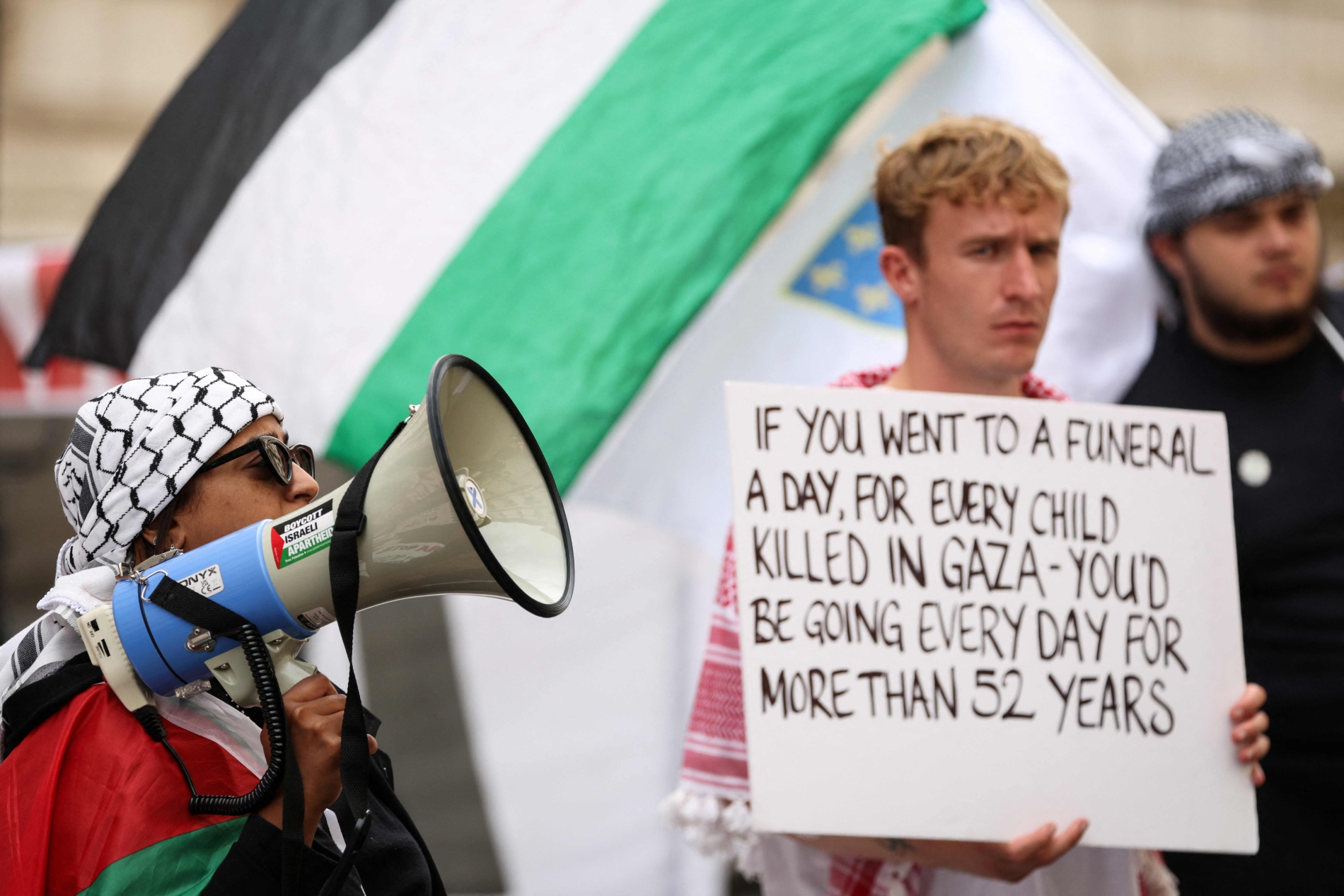Almost 77 years ago, the United Nations General Assembly adopted Resolution 181, partitioning Palestine into an Arab and a Jewish state. This is the legal basis for the establishment of the State of Israel.
On 17 June 2025, the United Nations was due to meet again to consider the implementation of the ‘two-state solution’. Jointly initiated by Saudi Arabia and France, this conference was due to be a significant milestone in the long struggle of the Palestinian people to exercise their inalienable right to self-determination by establishing their own state.
In the end, it did not happen, because on 13 June Israel launched a surprise attack on Iran, targeting its military infrastructure, nuclear sites, military commanders, and nuclear scientists, plunging the Middle East into one of its most dangerous conflicts in years. Palestine and a two-state solution soon took a back seat. Now, however, the UN conference jointly sponsored by France and Saudi Arabia has been rescheduled to take place on 28-29 July.
Ahead of that, a joint letter was issued this week, signed by more than two dozen nations, including the UK, condemning Israel over the killings near aid distribution centres and urging a pathway to a Palestinian state. The call rang hollow in Israel, where it seems evident that state policies aim to end Palestinian statehood aspirations.
Now or never
There is no justification to delay recognising a Palestinian state, as British former foreign secretary Dame Emily Thornberry said this week. Finding the “appropriate time” to recognise Palestine seems absurd when Israel is committing war crimes and crimes against humanity, including ethnic cleansing and—for all practical purposes—genocide.

Those who try to interpret international law to justify Israeli actions against the Palestinian people in Gaza and the West Bank have run out of road. The International Court of Justice, international human rights organisations, and world public opinion all now align and agree on what is happening here.
A year ago, on 19 July 2024, the ICJ concluded that Israel’s occupation of the Palestinian territories is unlawful, that Israel should end its occupation, stop creating new settlements, and evacuate those already established. It further said all states were under an obligation not to support the maintenance of Israel’s illegal presence in the occupied Palestinian territory.
Financial support to entities that facilitate serious human rights abuses (including financing settlements, providing military aid, and offering intelligence) constitutes prohibited assistance amounting to complicity in an ongoing unlawful occupation, it found. Specifically, “states must influence effectively the action of persons likely to commit, or already committing, genocide”.
Tide is turning
Amnesty International, Human Rights Watch, the United Nations Office of the High Commissioner for Human Rights and others have already documented and condemned violations by the IDF in Gaza and the West Bank.

Opinion has turned. The latest Pew Research Centre poll, published on 3 June, found that of the 20 surveyed countries, most now expressed an unfavourable view of Israel. This even applies to two of the most supportive. In the US, 53% now hold a negative opinion of Israel (up 11% since 2022), while in the UK, 61% now see it unfavourably (up from 44%).














